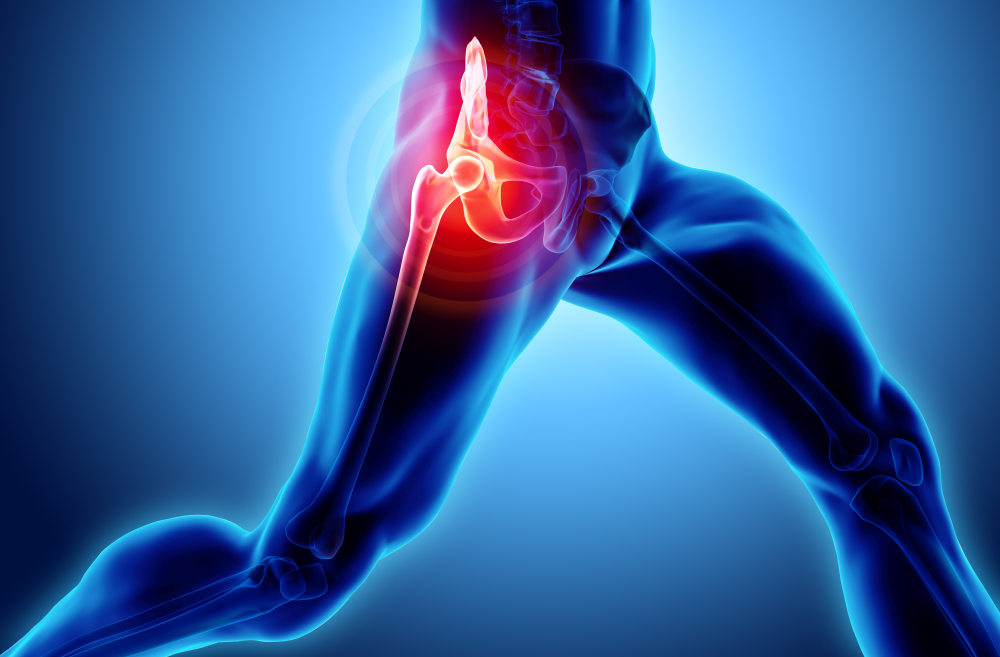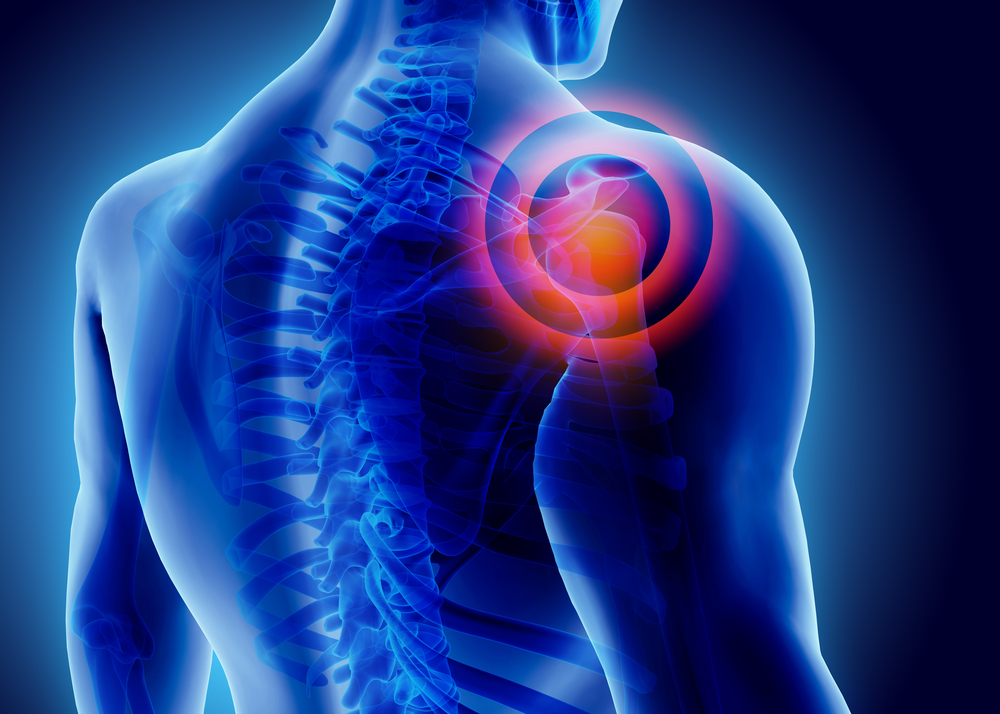Background — Atherogenesis involves inflammatory processes in which infections are incriminated as possible contributors.
Methods and Results — We evaluated cardiovascular risk factors as well as seropositivity to Chlamydia pneumoniae, Helicobacter pylori, and cytomegalovirus in a population-based study. A significant association between prevalence and severity of atherosclerosis in carotid and femoral arteries and IgA antibodies to C pneumoniae was demonstrated that was not substantially altered after adjustment for established risk factors. For anti–H pylori IgG antibodies, significant correlations to vascular disease were restricted to low social status and lesions in carotid arteries. In addition, the study design allowed us to monitor lesion progression over time. In this prospective analysis, C pneumoniae seropositivity emerged as a significant risk predictor. Antibody titers against cytomegalovirus were not a marker for prevalence or incidence of atherosclerosis in this population. Further infection parameters added to the predictive value of chlamydial serology in risk assessment: Mean odds ratios for the prevalence of carotid atherosclerosis were 4.2 and 6.3 for seropositive subjects with elevated C-reactive protein levels and clinical evidence for chronic respiratory infection, respectively. For subjects with all 3 infection parameters, the odds ratio of carotid atherosclerosis reached 10.3 (P<0.0001). Concomitantly, serum antibodies to mycobacterial heat-shock protein 65 (mHSP65) correlated with seropositivity to C pneumoniae and H pylori but not to cytomegalovirus.
Conclusions — This prospective population-based study provides strong evidence for a potential atherogenic role of persistent bacterial infection, especially C pneumoniae, as indicated by serological and clinical data and demonstrates a correlation between immune reactions to mHSP65 and bacterial infections in atherogenesis.


